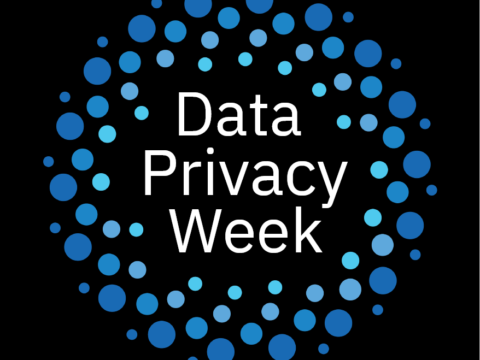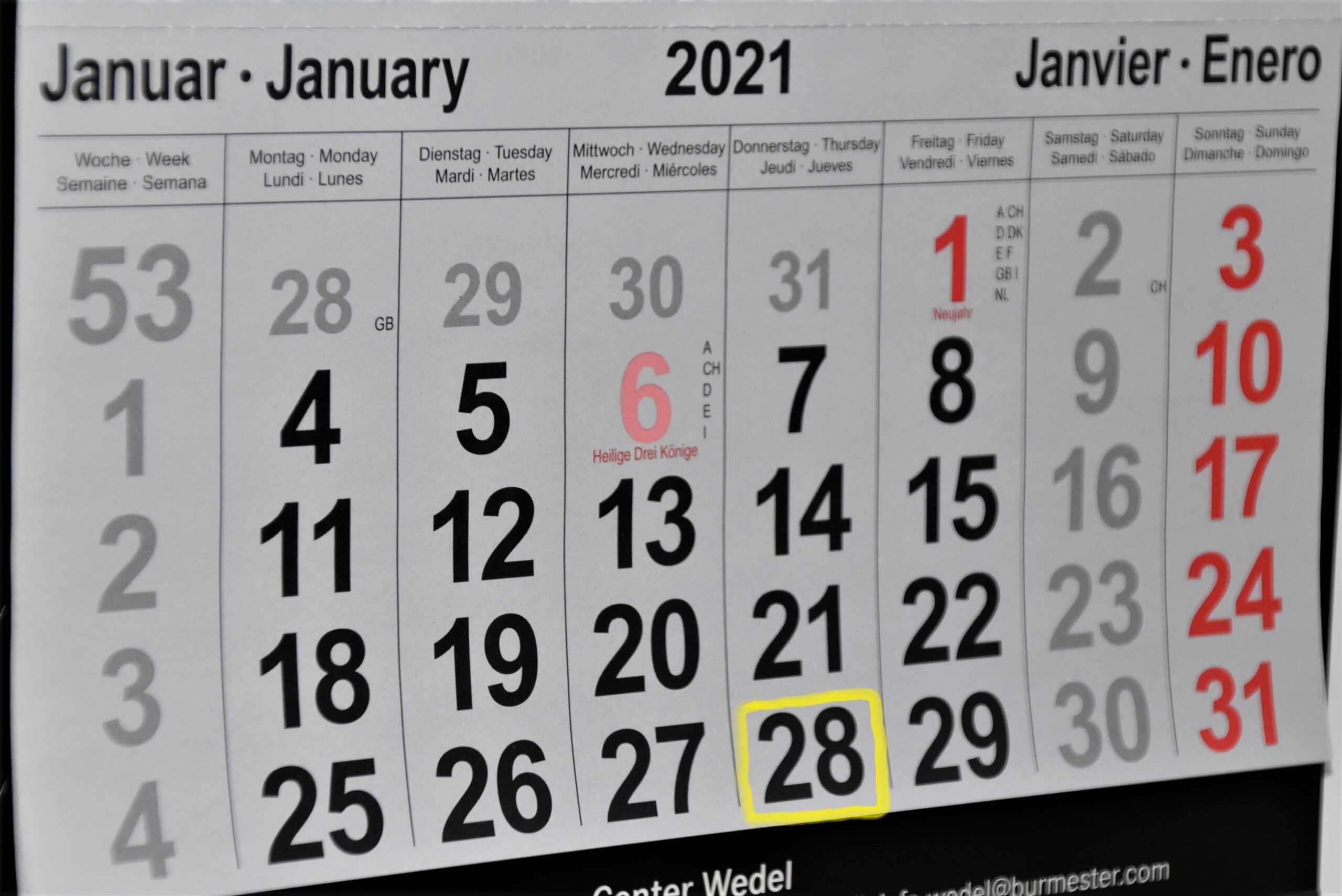Welcome to January, a new year, and a new semester of college!
This post is the first of a monthly series that will explore topics related to information security with practical tips, current trends in spam and phishing, and updates on the state of security and privacy. The content is based on information provided by the Awareness and Training Working Group of the EDUCAUSE Higher Education Information Security Council.
January 28 is Data Privacy Day. Data privacy for you personally means reviewing privacy settings on social media, being mindful of entering data into websites, and taking ownership of your online identity. Data privacy for you professionally extends these principles to caring for other people’s data, from collection, processing, sharing, and storing to destruction.
Please take a moment to read the information below about data privacy and how you should carefully curate your online presence and how the college strives to protect the data we collect about you.
The internet is full of data about you. Whenever you play a game, shop, browse websites, or use any of numerous apps, your activity and some of your personal information may be collected and shared.
Similarly, the business of higher education requires us to collect, process, and store the digital information of others. Whenever we handle such information, we need to think about how we want our own information treated and treat other people’s data with the same care and respect.
Protect yourself by following these tips:
- Know what you are sharing. Check the privacy settings on all of your social media accounts; some even include a wizard to walk you through the settings. Always be cautious about what you post publicly.
- Guard your date of birth and telephone number. These are key pieces of information used for identity and account verification, and you should not share them publicly. If an online service or site asks you to share this critical information, consider whether it is important enough to warrant it.
- Keep your work and personal presences separate. Your employer has the right to access your email account, so you should use an outside service for private emails. This also helps you ensure uninterrupted access to your private email and other services if you switch employers.
Protect the information, identity, and privacy of others by following these tips:
- Know what resources are available at your institution. Colleges and universities might employ individuals with some of the following titles and responsibilities: compliance officer, who can help you navigate the laws and regulations that govern how your institution handles constituents’ personal data and what safeguards need to be implemented to ensure the data stay secure; data privacy officer, who can answer questions about how your institution protects the privacy of both your data and constituents’ data; and a(n) (chief) information security officer, who can answer questions about information security best practices and the technologies available to protect online identity and the personal data of constituents.
- Know what policies are in place at your institution. A privacy policy governs how the institution collects, processes, stores, and deletes the personal data of constituents; a data classification policy governs how the institution organizes the data it interacts with and what rules are in place for processing it; and an information security policy articulates how the institution governs and prioritizes information security activities.
- Keep constituents’ personal information confidential and limit access to the data.
- Only use data for its intended purpose. If you need to use data for another reason, always check relevant resources and policies first for guidance.
- Destroy or de-identify private information when you no longer need it.
Take a look at this short video about The Internet of Me and Privacy
If you are curious how much data about you is out there, check out this site: Have I Been Pwned?
Have a great January and be on the lookout for the new security awareness posters in the residence halls and offices and watch for events on campus related to information security and privacy. There will be a table in Krannert this month and we will have goodies of both the flavorful and informational variety.

 January News from Information Security
January News from Information Security



